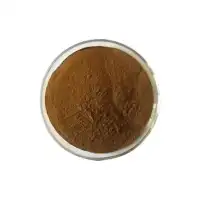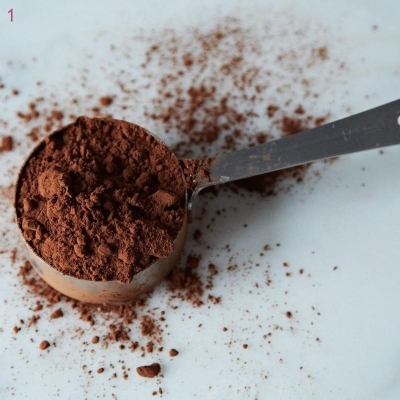-
Categories
-
Pharmaceutical Intermediates
-
Active Pharmaceutical Ingredients
-
Food Additives
- Industrial Coatings
- Agrochemicals
- Dyes and Pigments
- Surfactant
- Flavors and Fragrances
- Chemical Reagents
- Catalyst and Auxiliary
- Natural Products
- Inorganic Chemistry
-
Organic Chemistry
-
Biochemical Engineering
- Analytical Chemistry
- Cosmetic Ingredient
-
Pharmaceutical Intermediates
Promotion
ECHEMI Mall
Wholesale
Weekly Price
Exhibition
News
-
Trade Service
Our increasing understanding of virus–host interactions is revealing a complex role for host factors during virus replication. Besides the role of some host proteins in defense against viruses, it is becoming clear that viruses also hijack several host functions to utilize them for their multiplication. Genome-wide screens using high-throughput methods are being conducted to identify most of the host factors affecting virus replication in a number of host–virus systems. For selected plant viruses, such as bromo- and tombusviruses, yeast has been developed as a model host, thus greatly accelerating genome-wide systematic approaches to identify critical host factors of virus multiplication. In plants, gene knock out T-
DNA
libraries and virus-induced RNA silencing, among other strategies, can be utilized to identify and characterize host factors involved in virus replication. An additional strategy to study the role of host factors is the use of dominant-negative (DN) mutants, which are mutant versions of host proteins capable of interfering with the function of the wild-type protein without the need of knocking out the given gene from the chromosome. This method allows one to study the relevance of host factors for virus replication in wild-type plants and may overcome some limitations of other methods. Here, we provide guidelines to the use of a DN mutant strategy for the study of host factors and compare the advantages and limitations with other methods. The use of more diverse methods to study gene function in plants is increasing the probability of successfully identifying and characterizing host factors affecting virus replication in plant systems.







